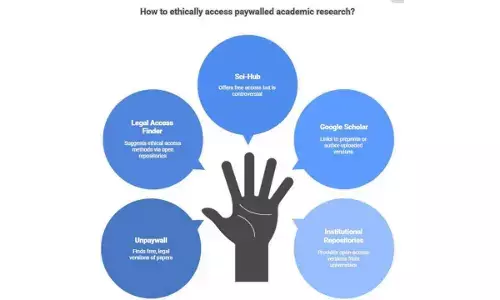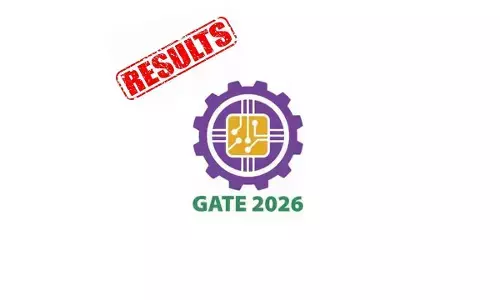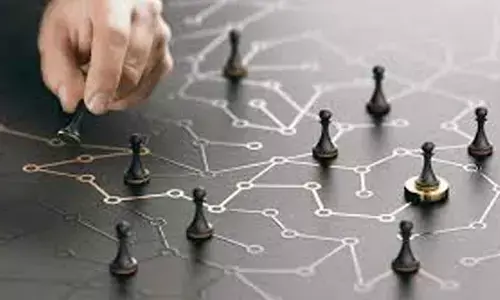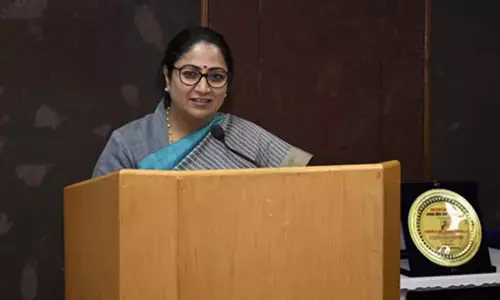Key to possessing the best academic, professional, social, life skills

Education is the most powerful weapon which you can use to change the world,” rightly said Nelson Mandela, the great anti-apartheid revolutionary. Not just soaring grades, prestigious degrees and a job with hefty salary packages later on in life, education means a lot more than these.
"Education is the most powerful weapon which you can use to change the world," rightly said Nelson Mandela, the great anti-apartheid revolutionary. Not just soaring grades, prestigious degrees and a job with hefty salary packages later on in life, education means a lot more than these. School education is something that builds up the edifice of an individual's life, shapes one's life, defines one's character, morality, ideology, principles, life skills and everything that is required to lead a life besides decorating one's career. Several studies have found basic education in schools to be the primary tool for building one's character and have shown how character building happens to be the real goal of education in every individual's life.
Character building is based on six pillars which are trustworthiness, respect, responsibility, fairness, caring and citizenship and all of these can be filled in a child only through adequate education. Producing students with good grades is not enough for helping them lead a fruitful life. This is why more focus needs to be given on preparing students with morals, ethics, soft skills. These values automatically make them self-sufficient from all respect to face the challenges of life and contribute to society in some positive way. From cracking a job interview with maximum self-confidence to rational decision making in various phases of life to be able to differentiate between whites, blacks and grays, basic school education becomes a must in creating a noble human being.
When a child walks into the classroom for the first time and sits on a chair behind the desk, the child gets introduced to the window of knowledge to make his or her life brighter. It is beyond good and bad handwriting or doing homeworks on time or getting all spellings correct. It is perhaps in school that a child gets the first taste of success and failure, good manners and bad habits, friendship and competition, compassion and care, jealousy and arrogance. The child gradually develops a mental manual on what to do and what not to, what to accept and imbibe and what to reject and refuse, how and when to react and these come life-long lessons for him or her. This is exactly why primary or elementary education in school disciplines a child and forms the most critical component of an education system.
School education and its goals
If we assess our education system, the basic or primary level in school happens to be the most important one due to its vital goals that become the fundamentals of life for an individual. The major aim of basic school education is to provide assistance to a child on multiple levels. Starting from learning the art to think critically to striving to achieve higher standards to meeting challenges and developing citizenship and basic values to socializing, school education provides it all. A child's engagement always remains the prime focus of the elementary education as that opens doors to new avenues and chances for every child to shine.
Why school education is important?
School education is a necessity for all children as it ensures the development of their cognitive, social, emotional, cultural and physical skills preparing them for further academic career, carving their character, developing their personality and setting them up for facing the challenges in life. Sound knowledge of language and arithmetic, values and ethics help a child grow from all facets and become successful in every sphere of professional and personal life.
Improving school education in India
India has made considerable progress in the field of school education. Thanks to several schemes introduced by the government in the last few years that have helped in reducing drop-out rates in schools and boosted up primary school enrolments to a good extent. However, there are several areas where India can still make considerable progress to establish its school education system adequately. This can be done by leveraging technology and using its potential to provide cost-effective and high-quality learning to the marginalized students, upgrading teachers' education and training according to the changes in student curriculum as required in the present time, building good assessment systems to efficiently measure a student's ability to learn, gain new skills and social engagement.
It is also important to impart vocational training to children at an early age as it exposes them to the real world of work and schools must be prepared with trained teachers for the same. Each skill is important and has its own value in turning knowledge into performance and enhancing productivity. Hence skill development should also be cultivated among the students as in the present context of globalisation, it is a pertinent need.
Other ways of making school education stronger and complete are introducing gender studies education in the school curriculum to make children aware of gender parity from the grassroots level of learning and providing more focus on skill development, both professional skills and life skills in order to help the students fit better in the competitive world. It is essential to have a well-defined school education system in the country for making life better for the future generation.











